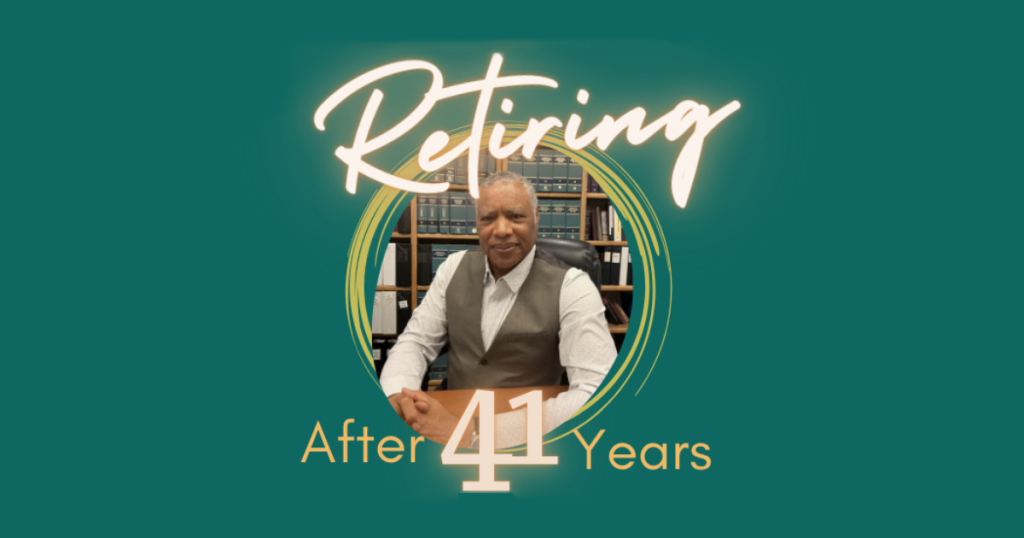Any change in the work environment or the way things are usually done that gives an individual with a disability an equal employment opportunity.
Building Changes
- Changes to the building/work location to make the area accessible and usable by an individual because of a physical or mental disability
- Employer assistance getting to and from an accessible job site
Job Restructuring
- Exchanging unimportant duties between coworkers
- Part time or modified work schedule
- Flexible leave policies
- Altering when/how an important job function is performed Working at home
Adjusting Materials
- Modifying examinations, training materials, or policies
- Acquiring/modifying equipment/devices
- Providing qualified readers/interpreters
- Reassignment to a vacant position
Use of Leave
- Accrued paid leave or unpaid leave, for example:
- to recover from surgery
- obtain necessary personal disability devices (aids or service animals)
- avoid temporary adverse conditions in work environment
Changing Supervisory Style
- For example, supervisor could prepare written list of daily tasks that can be “marked off” upon completion, rather than telling employee what’s needed as it comes to mind.
Requesting a Reasonable Accommodation
1. Ask your employer – preferably in writing
If a worker is unable to ask for the accommodation, someone can ask on the worker’s behalf. For example, a parent, spouse, job coach, vocational rehabilitation counselor may ask the employer for an accommodation.
2. State ADA Accommodation Request
(1) your disability; (2) why you need an accommodation; and (3) any accommodations you might be able to suggest. People who may be able to give you ideas are your healthcare professional, a vocational rehabilitation counselor, a job coach, a specialist from the Job Accommodation Network (JAN) or a specialist from a disability support group.
3. Wait for a Response
An employer may: agree to the accommodation you asked for; offer an alternative accommodation; agree to meet with you to come up with an accommodation; deny the accommodation; do nothing which amounts to a denial after a reasonable time period.
4. Decide if Accommodation is Effective
An employer must take into consideration the accommodation you prefer. However, if there is a less costly or less disruptive accommodation than the one requested, your employer may provide a different accommodation. Any accommodation provided must be effective, meaning it allows you to have an equal employment opportunity.
5. Work with your Employer to Decide
The employer and individual with a disability should work together in “partnership” to identify the appropriate accommodation. Discuss: the barriers to job performance in meeting the essential job functions of the position and possible effective solutions through accommodations.
6. If Your Supervisor Refuses
Your employer may have an “appeal,” “grievance,” or “open door policy” to reconsider denials of accommodation or discrimination.
7. If Your Employer Refuses
You can file a complaint of discrimination with the state and federal agencies that enforce disability discrimination laws. You have 180 days to file a state complaint and 300 days to file a complaint with the EEOC (Equal Employment Opportunity Commission).
